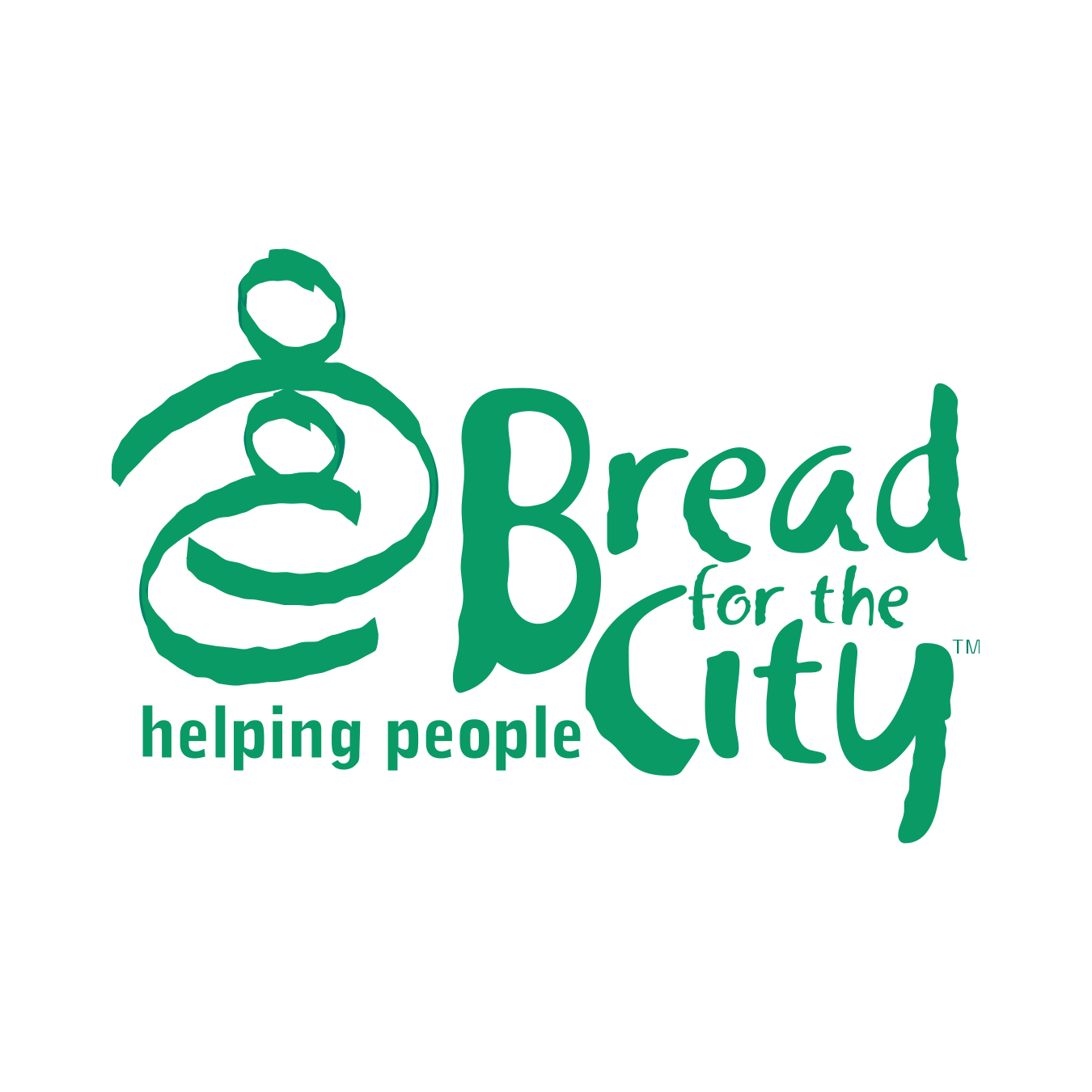
Bread for the City
Provider Interview
Bread for the Cityis a clinic serving the District of Columbia by providing food, clothing, medical care, and legal and social services to reduce the burden of poverty. In February, we talked with Bread for the City about its COVID-19 testing and vaccination efforts, and the transition to telehealth services during the public health emergency.
“We have been able to do more COVID-19 testing than we could have done if we did not have access to eCW”
Dr. Randi Abramson
A Conversation with Bread for the City
Q: Almost a year into the pandemic, are your visits occurring via telehealth, in the clinic, or a mix?
Dr. Randi Abramson
A: We are doing both. We use telephone visits for about 30 – 40% of our visits, and we are now bringing more people into the clinic. We had been doing only morning visits, and now we are doing a few afternoons as well.
Q: Have you used any telehealth video capabilities, or mainly relied on telephone visits?
Dr. Randi Abramson
A: We have tried different platforms and not found one that works well for us and our patients, who would have to use their minutes, and they may not have great broadband and Wifi access.
Q: How are you using eClinicalWorks (eCW functionality), such as the portal, to support your COVID-19 response?
Heidi Chiu
A: We send COVID testing results mostly through the portal. We can mail the results if patients don’t have a portal. If it’s a positive result, we call so that we can go through the protocol for quarantining. We started using the portal more for sending test results in December, and since then, it has really helped us save time because, before, we were calling or texting, and sometimes we couldn’t reach patients. We spent hours and hours calling patients to give the test results.
Dr. Randi Abramson
A: We have been able to do more COVID-19 testing than we could have done if we did not have access to eClinicalWorks. We brought Wifi into the parking lot. How else do you order tests and send results in a seamless manner without creating a whole new system and adding new staff [if you aren’t using an electronic health record]?
Q: How do you use eCW and health information exchange tools, such as CRISP, to send data AND see data on who has been tested?
Dr. Randi Abramson
A: If it’s during a patient visit, we can use eCW to log into CRISP to get information on test results. We also get alerts every day through the CRISP ENS system with a list of patients and their test results.
Q: Bread for the City has been administering the COVID-19 vaccine. How have you used eCW to document vaccines and get information about patients who might have been vaccinated at another site?
Danielle Stout
A: Once a patient has received their first dose, we use eCW to send reminders about coming in for a second dose. That has saved us time from calling, because the follow-up happens automatically. If they didn’t come in, we can send an email about rescheduling another appointment.
Dr. Randi Abramson
A: We can not yet use eCW to look up information on whether a patient has been vaccinated somewhere else. I would love it if that information were bidirectional. Right now, if someone has been vaccinated outside of Bread for the City, we get a fax that says which vaccine it was, the dose, and the date. Then, I have to manually enter the information into eCW.
Q: How have your patients used these electronic tools to manage their health?
Danielle Stout
A: When I make my calls to see if they want to make a follow-up appointment, patients don’t want to come in, and they appreciate the option to have a televisit with their providers, instead of coming into the office during the current state of the coronavirus pandemic.
Heidi Chiu
A: Getting their phone number is important. If you have a positive COVID-19 test, that’s how we can notify you right away, if you don’t have the portal. A lot of people prefer email and then we can get their information. We ask if English is their preferred language or not. Since you don’t need insurance or an ID to get tested, there has not been concern about getting tested.
Dr. Randi Abramson
A: Our patients appreciate that we use different ways to communicate with them and can tell us which one works best for them. Almost all of our patients are glad we have access to results from their visits to the hospital and trust us to protect their privacy.
